Introduction
Testosterone therapy has been a subject of much debate and interest, especially among men experiencing symptoms of low testosterone. Understanding when and how to seek treatment can be crucial. This comprehensive blog post explores the key signs of decresed testosterone, the testing process, and the options available for testosterone replacement therapy (TRT), drawing insights from recent studies and expert opinions.
1. Recognizing the Signs of Low Testosterone
Low testosterone, often referred to as “low T,” can manifest in various ways. It’s a condition that primarily affects men as they age, although it can occur at any age. The decline in testosterone levels can result in a range of symptoms, and it’s important to recognize these signs early to address them effectively.
One of the most common and noticeable symptoms of decreased testosterone is a decreased libido or sex drive. Men with low T often report a reduced interest in sexual activity, which can impact their relationships and overall quality of life.
Another significant indicator is a reduction in the frequency of erections, particularly nocturnal erections. Normally, a man should experience three to four nocturnal erections while sleeping, especially in the early morning. However, men with descreased testosterone may notice a decline in the frequency and quality of these spontaneous erections.
Low testosterone can also influence mood and behavior. Men may become more irritable, moody, or experience mood swings. They may find it difficult to concentrate and may suffer from poor sleep quality. The combination of these factors can lead to a decline in overall well-being.
Energy levels are also affected by low testosterone. Men may notice a decrease in their overall energy, making them feel fatigued and less motivated.
It’s essential to note that while these symptoms are common in men with low testosterone, they can vary in severity and may not always indicate low testosterone levels. Other medical conditions or lifestyle factors can contribute to similar symptoms. Therefore, a comprehensive evaluation by a healthcare professional is crucial to determine the underlying cause.
2. When to Get Tested
Understanding the signs of low testosterone is the first step, but knowing when to get tested is equally important. There is no definitive age at which all men should undergo testosterone testing. Instead, testing should be considered if an individual is experiencing symptoms suggestive of low testosterone or if there are other risk factors involved.
Men who suspect they may have low testosterone should discuss their concerns with a healthcare provider. Testing is typically recommended in the morning, preferably before 10:00 a.m., as this is when testosterone levels are typically at their highest. The specific tests that should be conducted include:
- Total Testosterone: This measures the overall amount of testosterone in the blood.
- Free Testosterone: This measures the amount of unbound or bioavailable testosterone in the bloodstream.
- Sex Hormone-Binding Globulin (SHBG): This protein binds to sex hormones, affecting their availability for use by the body.
- DHEA (Dehydroepiandrosterone): DHEA is a precursor hormone that can be converted into testosterone.
- LH (Luteinizing Hormone) and FSH (Follicle-Stimulating Hormone): These hormones play a crucial role in regulating the production of testosterone.
- Insulin Levels: Testing insulin levels can also be important, as insulin resistance and low T can sometimes be linked.
Recent research supports the importance of comprehensive testing. Furthermore, findings from Harvard Health and Mayo Clinic Proceedings showed no significant link between TRT and heart attack, stroke, or blood clots.
3. Understanding Testosterone Therapy Options
Once low t has been confirmed through testing, individuals and their healthcare providers can discuss treatment options. There are two primary categories of testosterone therapy:
- Natural Hormone Replacement Therapy: This approach encourages the body to produce testosterone naturally. It involves using medications or lifestyle changes that stimulate the body’s own production of testosterone. Natural methods can include dietary changes, weight management, exercise, and stress reduction techniques.
- Direct Hormone Replacement Therapy: In this approach, testosterone is administered directly to the body through various methods. These methods include injections, topical creams or Testosterone Pellets.
The choice of therapy depends on several factors, including age, treatment goals, family planning considerations, and overall health. For those who prefer a more natural approach or have specific health concerns, natural hormone replacement therapy may be the preferred option. However, for individuals with severe testosterone deficiency or those who desire a more immediate and predictable increase in testosterone levels, direct hormone replacement therapy may be more appropriate.
4. The Importance of Individualized Treatment
It’s essential to recognize that every individual’s situation is unique, and treatment plans should be tailored to their specific needs and goals. Collaborating closely with a healthcare provider who specializes in men’s health and hormone therapy is critical in determining the most suitable therapy.
Conclusion
Navigating the world of testosterone therapy requires careful consideration of signs, timely testing, and understanding the various treatment options. With advancements in medical research and treatment methods, men experiencing low T have more choices and safer alternatives than ever before. However, it’s vital to consult with healthcare experts who can provide personalized advice and support throughout the treatment process.
By being proactive, seeking appropriate testing, and working closely with healthcare providers, men with low testosterone can regain their vitality and improve their overall quality of life.
Sources:
- A New Look at Testosterone Therapy – Harvard Health (www.health.harvard.edu)
- The Latest in Testosterone Replacement Therapy – Urology Times (www.urologytimes.com)
- Testosterone Therapy: What We Have Learned From Trials (pubmed.ncbi.nlm.nih.gov)
- Recognizing the True Value of Testosterone Therapy in Health Care (www.ncbi.nlm.nih.gov)
**This content is for informational purposes only and is not intended as medical advice. Please consult with a healthcare professional before starting any treatment. Individual results may vary based on health conditions and other factors.

